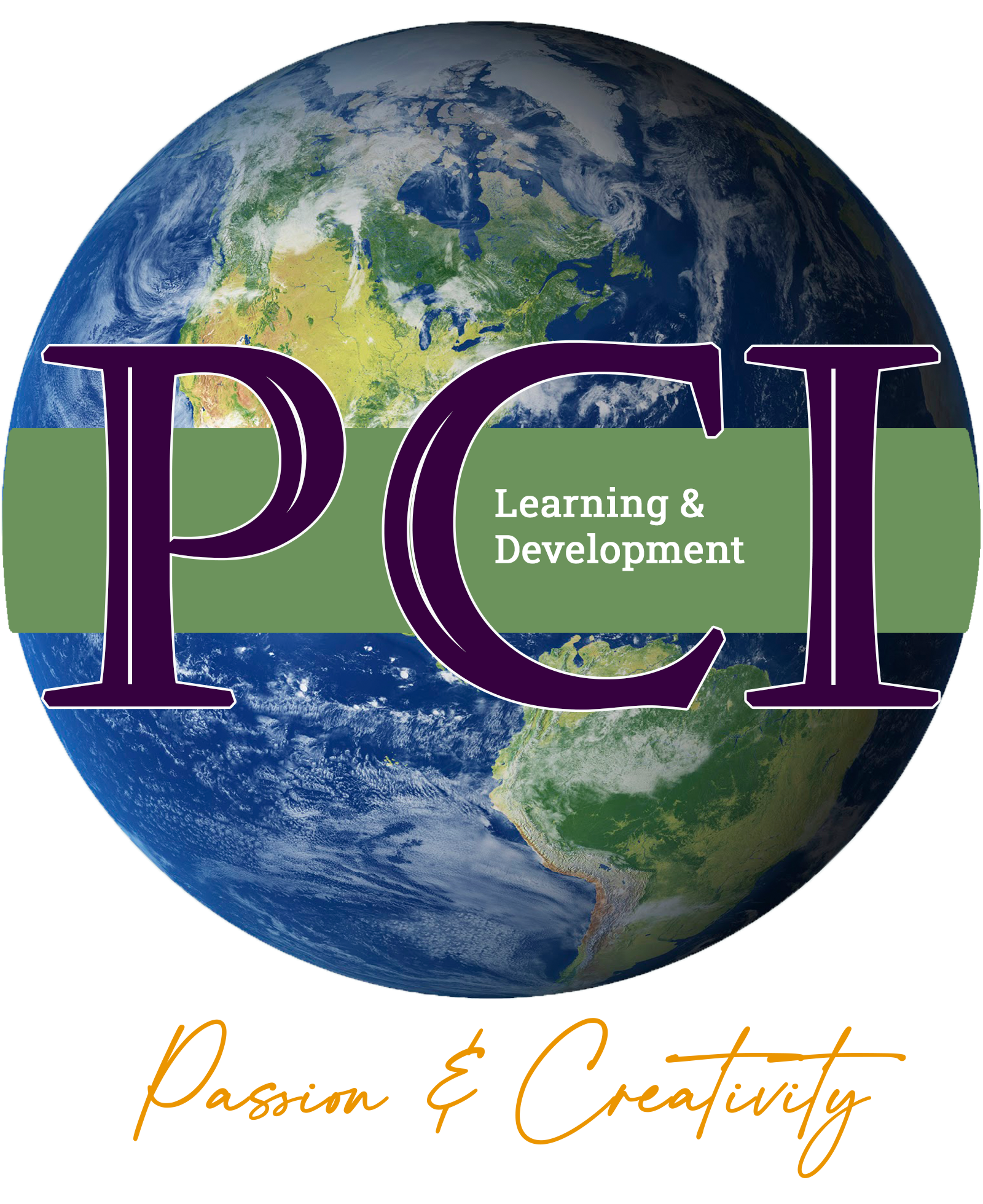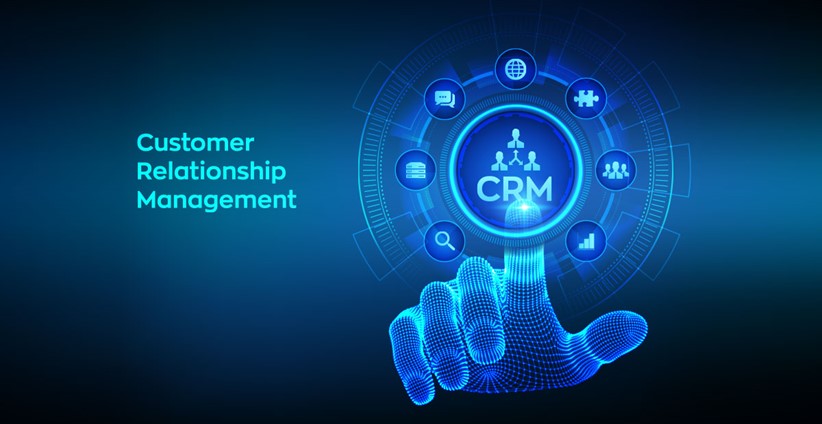Introduction:
In today’s competitive business environment, building and maintaining strong relationships with customers is more crucial than ever. Customer Relationship Management (CRM) is a strategic approach that focuses on managing and nurturing a company’s interactions with current and potential customers. By leveraging technology, data, and customer-centric strategies, CRM aims to enhance customer satisfaction, loyalty, and ultimately drive business growth.
Customer Relationship Management (CRM) encompasses a wide range of practices, strategies, and technologies that businesses use to manage and analyze customer interactions and data throughout the customer lifecycle. The primary goal of CRM is to improve business relationships with customers, assisting in customer retention and driving sales growth. This is achieved by understanding customer needs, behaviors, and preferences, and responding to them effectively.
Key Components of CRM:
- Technology and Tools: Modern CRM systems are technology-driven, utilizing software applications to gather, store, and analyze customer information. These tools help businesses automate processes, track customer interactions, and provide insights into customer behavior.
- Customer Data Management: Effective CRM relies on accurate and comprehensive data collection. This includes contact details, purchase history, communication preferences, and feedback. Managing this data allows businesses to tailor their interactions and offers to individual customers.
- Communication and Interaction: CRM emphasizes consistent and personalized communication with customers. This involves using multiple channels such as email, social media, phone calls, and in-person interactions to engage with customers and address their needs promptly.
- Sales and Marketing Integration: CRM systems integrate sales and marketing efforts to ensure a cohesive approach. This includes lead generation, tracking sales activities, managing campaigns, and measuring their effectiveness.
- Customer Support: Providing exceptional customer service is a cornerstone of CRM. CRM systems help businesses manage customer inquiries, complaints, and service requests efficiently, ensuring timely and satisfactory resolutions.
- Analytics and Reporting: CRM systems offer robust analytical tools that provide insights into customer behavior, sales trends, and marketing performance. These insights enable businesses to make data-driven decisions and refine their strategies.
Benefits of CRM:
- Enhanced Customer Satisfaction: By understanding and anticipating customer needs, businesses can provide personalized experiences that enhance satisfaction and loyalty.
- Improved Customer Retention: CRM helps businesses identify and address issues that may lead to customer churn, fostering long-term relationships.
- Increased Sales: With detailed customer insights, businesses can identify opportunities for upselling and cross-selling, driving revenue growth.
- Efficient Operations: CRM systems streamline processes, automate routine tasks, and improve collaboration across departments, leading to greater efficiency.
- Better Decision-Making: Access to real-time data and analytics enables businesses to make informed decisions, optimize marketing efforts, and allocate resources effectively.
Customer Relationship Management is a vital aspect of modern business strategy. By leveraging technology and data to understand and engage with customers, businesses can build stronger relationships, enhance customer loyalty, and drive sustainable growth. As markets become more competitive and customer expectations continue to rise, the importance of effective CRM will only continue to grow, making it an indispensable tool for businesses aiming to thrive in today’s dynamic environment.

